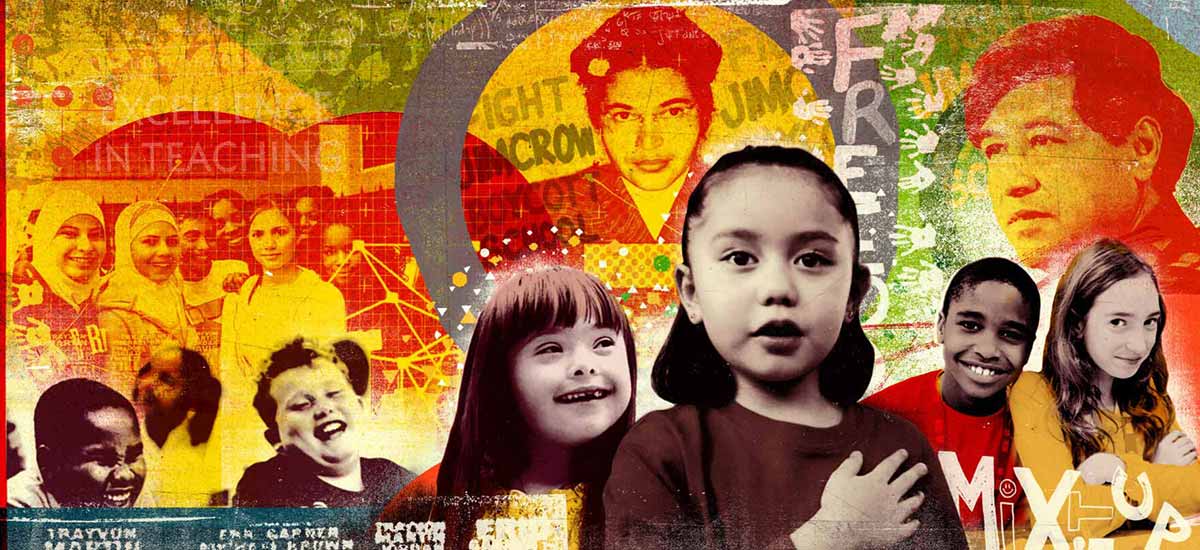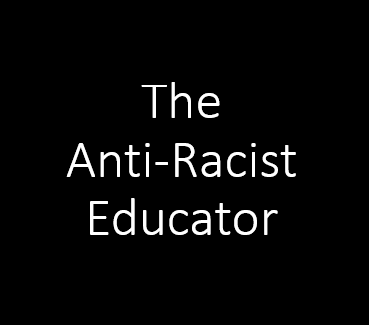Sometimes the little comments and snubs made in class can stunt a student's educational progress.
The comments, looks, or snubs could be characterized as microaggressions.
Sometimes they are totally unintentional, like calling a student by another name, OR
Calling upon the Asian students in Mathematics class when no one answers a question.
Another example of microagression takes us to educator talk online or in the common area.
Many educators are prejudiced against a look, how students dress, a behavior and how students express themselves in class.
Many of the above behaviors are meant to be harmless, let us become more aware of how we react and interact.
Here are some references for further study;
BUILD AN ANTIRACIST TOOLBOX
#1 New York Times Bestselling Author. Named to Time 100’s Most Influential People of 2020. New Book ~ Four Hundred Souls: A Community History of African America, 1619-2019 See Books → www.ibramxkendi.com |
Teaching Tolerance provides free resources to educators—teachers, administrators, counselors and other practitioners—who work with children from kindergarten through high school. Educators use our materials to supplement the curriculum, to inform their practices, and to create civil and inclusive school communities where children are respected, valued and welcome participants. www.tolerance.org |
Thanks for your interest in The Anti-Racist Educator. If you are interested in contributing toThe Anti-Racist Educator, please do contact us. The Anti-Racist Educator may also be available to present at conferences, speak at various events and deliver Continuous Professional Development training in schools and other organisations. www.theantiracisteducator.com |


Comments
Post a Comment